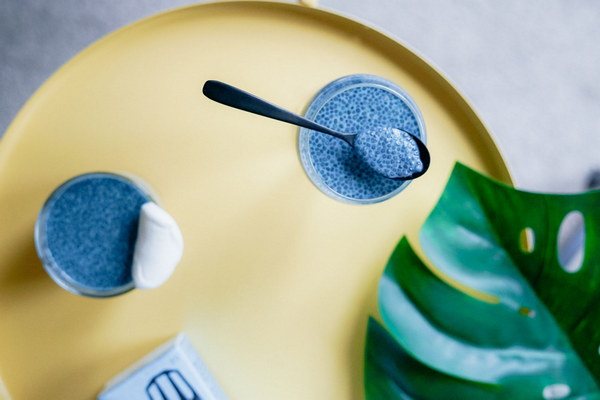The Intersection of Healthcare and Beauty Can Hospitals Offer Aesthetics Services
In recent years, the healthcare industry has expanded its scope to encompass services that were traditionally considered to fall under the domain of beauty salons and spas. One such area is aesthetics, which includes various beauty treatments and procedures aimed at improving the appearance of the skin, face, and body. This has led to an intriguing question: can hospitals now offer aesthetics services? Let's delve into this topic to understand the evolving relationship between healthcare and beauty.
The integration of aesthetics into hospitals is a reflection of the growing demand for non-invasive beauty treatments that can be performed in a safe and professional environment. While hospitals are primarily known for their medical expertise and treatments for serious health conditions, they are increasingly becoming destinations for those seeking beauty services as well.
One of the primary reasons hospitals are now offering aesthetics services is the availability of skilled professionals. Many hospitals employ dermatologists, plastic surgeons, and other medical experts who are trained to perform a wide range of beauty treatments. These professionals have the knowledge, experience, and qualifications to ensure that patients receive high-quality, safe, and effective treatments.
Moreover, hospitals provide a controlled environment that is conducive to performing aesthetic procedures. They have the necessary equipment, resources, and protocols in place to ensure patient safety. For instance, aesthetic treatments such as laser hair removal, skin resurfacing, and botox injections can be performed with minimal risk of infection or complications when conducted in a hospital setting.

Another advantage of hospitals offering aesthetics services is the convenience it provides to patients. By combining medical treatments with beauty services, patients can access both in one place. This can be particularly beneficial for individuals who require medical attention and wish to address aesthetic concerns simultaneously. For example, a patient who has undergone plastic surgery may opt to have a follow-up skin treatment to enhance their results.
While the integration of aesthetics into hospitals is a positive development for many, there are some potential drawbacks. One concern is the potential conflict of interest that may arise when healthcare professionals are also responsible for selling beauty treatments. There is a risk that the primary focus may shift from providing medical care to generating revenue from aesthetics services.
Furthermore, not all hospitals may have the necessary resources to offer comprehensive aesthetics services. While some hospitals may have dedicated dermatology or plastic surgery departments, others may lack the expertise and equipment required to perform advanced aesthetic procedures.
In conclusion, hospitals can indeed offer aesthetics services, and this trend is likely to continue as the demand for non-invasive beauty treatments grows. The integration of healthcare and beauty is a testament to the evolving nature of the healthcare industry and its commitment to meeting the diverse needs of patients. However, it is crucial for hospitals to maintain a balance between medical care and aesthetics services to ensure the well-being of their patients.
As patients become more health-conscious and proactive about their appearance, hospitals must adapt by investing in the necessary resources and training to provide high-quality aesthetics services. This collaboration between healthcare and beauty can lead to a more holistic approach to patient care, addressing both physical and aesthetic concerns in one place. Ultimately, the key to success in this intersection lies in maintaining a strong focus on patient safety, ethical considerations, and the provision of exceptional care.









